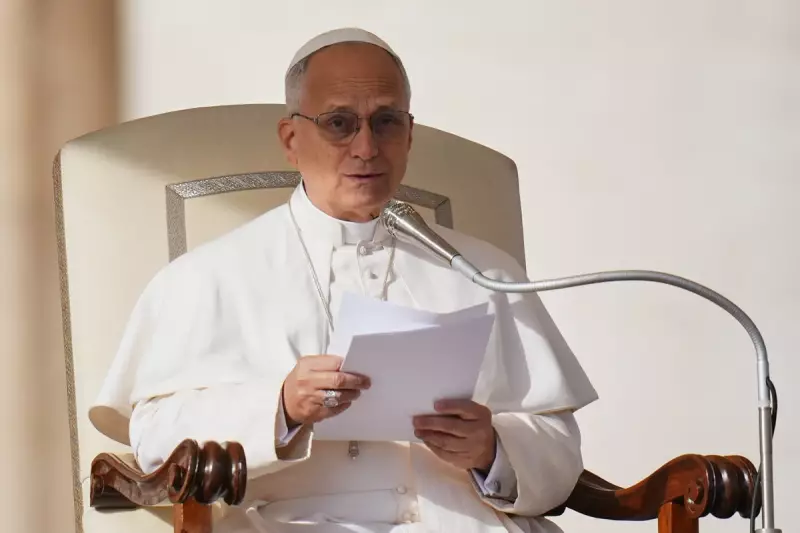
Pope Leo XIV, the first American pontiff in history, is embarking on his inaugural foreign trip, a significant journey to Turkey and Lebanon packed with diplomatic and spiritual importance. This visit, occurring from November 27 to December 2, 2025, is set to advance the Catholic Church's crucial relationships with both Orthodox Christians and Muslims.
A Pilgrimage for Christian Unity
The first leg of the trip takes the Pope to Turkey, a nation that has now hosted all five modern globetrotting popes. The primary reason for the visit is to commemorate the 1,700th anniversary of the Council of Nicaea, Christianity's first ecumenical council held in 325 AD. Pope Leo will pray with Ecumenical Patriarch Bartholomew, the spiritual leader of the world's Orthodox Christians, at the historic site in present-day Iznik.
This joint prayer and the signing of a declaration are powerful, visible gestures towards healing the divide caused by the Great Schism of 1054. As the Rev. Paolo Pugliese noted, the commemoration of the council, which produced the creed still recited by Christians today, offers a profound opportunity to rediscover a shared identity.
Interfaith Dialogue and Regional Tensions
Beyond intra-Christian dialogue, Pope Leo's itinerary underscores a commitment to engagement with Islam. He will visit Istanbul's Blue Mosque and preside over interfaith meetings in both Istanbul and Beirut. In a notable departure, he will not visit the Hagia Sophia, a move that acknowledges the international criticism following its conversion from a museum back into a mosque in 2020.
The Vatican's strong support for Palestinians in Gaza has reportedly bolstered its credibility among Muslims in the region. However, the visit comes amid heightened security concerns. A recent Israeli airstrike in Beirut that killed Hezbollah's chief of staff underscores the volatile climate. Pope Leo has addressed such attacks as "always a concern," while firmly advocating for dialogue over violence.
Lebanon: A Beacon for Peace and a Nation in Mourning
The Lebanese portion of the trip will see the Pope speaking in both English and French, a strategic shift from the Vatican's traditional Italian. Monsignor César Essayan described Lebanon as the safest place in the region for the Pope to deliver a strong message of peace, given the impossibility of visiting Gaza, Israel, or Syria at this time.
A deeply poignant moment will occur on December 2, the final day of the visit, when Pope Leo spends time in silent prayer at the site of the August 4, 2020, Beirut port blast. This explosion, which killed at least 218 people and wounded over 6,000, was a tragic event linked to government negligence, and the stalled investigation has left the nation yearning for justice.
The Pope is also scheduled to meet with young Lebanese, offering encouragement to a generation disillusioned by systemic failures and a decades-long economic crisis that has spurred mass emigration. This historic journey marks a significant moment for the new pontificate, focusing on unity, peace, and solidarity with suffering communities.





